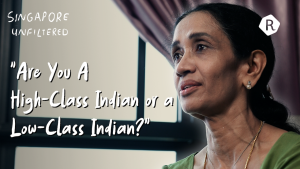Top image: Stephanie Lee / RICE File Image
Baby bonus, child support, residential property stamp duties. Many of the things mentioned by Deputy Prime Minister (DPM) and Minister of Finance Lawrence Wong during his Budget 2023 speech would fly over the heads of younger Singaporeans.
To my fellow Gen Z peers, I know, I know. Yawn. It’s hardly anything to write home about on our Telegram blogs.
Watching the Budget 2023 speech live behind the glass of the public gallery at Parliament House, I was hoping there’d be something spicy for me, an NUS undergrad, to latch on to.
And sure, clipping on a visitor’s pass, walking past the lobby full of photographers and videographers, and watching Ministers (who I’ve only seen on TV) file into Parliament like school children was fun at first.
But as the speech went on, my eyelids grew heavy. It was harder listening to the Budget in Parliament. Unlike watching it on a screen in the comfort of my own home, I wasn’t allowed to doze off under the watchful eye of the ushers.
Much has been said about building a better Singapore for families; not so much for singles or those ailed by mental health issues. But as great as Budget 2023 is for millennial working parents, let me lay out what I and fellow Gen Zs might want to pay attention to.
Money Does Buy Some Happiness
The government’s generous cash handouts are probably the most important thing most Singaporeans want to know. Perhaps the only thing they care about.
In a post-Budget poll conducted by Milieu Insight, 58 percent of respondents affirm that payouts and vouchers are measures with the largest impact on them.
This is no doubt the same for Gen Zs.
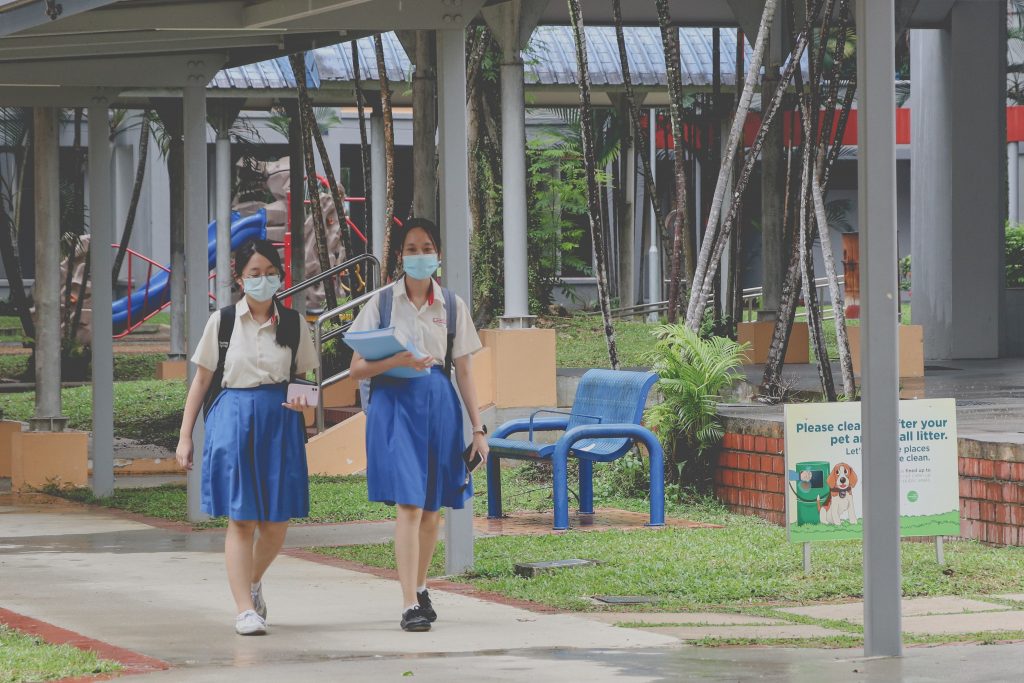
In the upcoming financial year, the Government will be giving out cash payouts under the Assurance Package and Goods & Services Tax (GST) voucher schemes—along with top-ups to Child Development Accounts. The purpose of these adjustments is to help Singaporeans adjust to the increase in GST as well as inflation.
For older Gen Zs aged 21 and above, the total amount that you will receive between 2022 to 2026 ranges from S$700 to S$2,250, depending on your assessable income and the number of properties owned. Not that most of us actually own houses.
An additional one-off Assurance Package measure is the Cost-of-Living special payment, which gives between S$200 to S$400 to adult Singaporeans who earn not more than S$100,000 and own not more than one property.
And if like me, you’re currently a university student without assessable income or property, you also would get S$400 in June and S$600 in December.
Gen Zs below the age of 16 will receive a one-off S$300 top-up to their Edusave account, while those aged between 17 to 20 will get the same amount top-up in their Post Secondary Education Account in May.
Additionally, as part of the GST Cash Vouchers initiative, Gen Zs will be given S$200 more this year, and an additional S$150 next year if they reside in a home with an annual value of S$13,000 and below.
Lesser amounts are disbursed if you live in a home with an annual value of between S$13,000 to S$21,000.
In short, there’s a lot of cash to be had. Don’t go spending it all on vintage threads.
What’s Love Got To Do With It?
For Singaporeans hoping to form a family, it is a scramble to settle down as soon as possible. Time is not on their side.
In the same poll conducted by Milieu Insight, the respondents who chose support for housing as the measure with the greatest impact on them was skewed towards 16 to 24 (29 percent) and 25 to 34 (32 percent) year olds, and those in a relationship (36 percent).
If you’re an average Singaporean, housing is a big worry for us. Regardless of age.
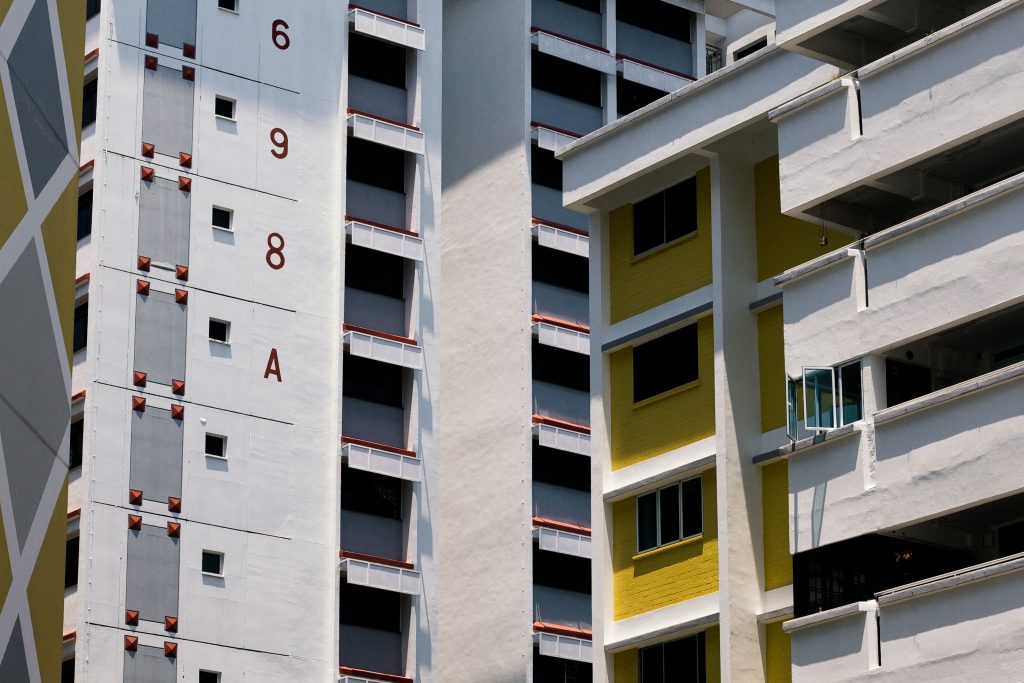
To have children by the peak fertility age of 30, they must be ready at 28. Two years of enjoying marriage without children mean getting married at 26. If they want to move into their new flat after marriage, it means that whoever they’re with at 21 has to be The One.
Of course, this scenario is slightly dramatic, but it’s not that far from the truth. There’s no denying that housing (amidst other factors) has placed greater pressure on young Singaporeans who want to form a family eventually. For us Gen Zs, it means ending our series of situationships and finding a partner quickly.
With the new housing measures focused on young couples and families in Budget 2023, there is hope that some of this anxiety and pressure is alleviated.
DPM Wong announced a sub-category under first-time bidders for Build-To-Order (BTO) flats. Couples under the age of 40 and families with children who have not received any housing subsidy from the Housing Development Board (HDB) are now granted an additional ballot. This means that they have a total of three ballots. The Central Provident Fund (CPF) housing grant is also increased for young Singaporeans hoping to buy a resale flat as their first home.
Analysts predict that this increase in housing grants might lead to a greater demand in the resale market, driving prices up higher than they currently are. The theory is that if demand is directed towards resale flats, the combined factors of lowered demand, increased supply, and additional ballot for BTO flats may make BTO flats more attractive to young couples who are first-time buyers.
With the push factor of the expensive resale market and the pull factor of being prioritized for BTO flats, it looks like they will only become more cemented as the way to go for future Gen Z families.
But! With the Government acknowledging the significant increase in waiting times and putting in measures to build homes at a faster pace, let’s hope that Gen Zs will feel less in a hurry to find the love of their lives, just to beat out others in the race to find a roof over their heads.
We Are The Future of Work
Late last year, the Government accepted twelve recommendations by the Advisory Committee on Platform Workers. One of which was making it compulsory for platform workers under 30 to contribute 20 percent of their income to their CPF Ordinary Accounts and Special Accounts.
As part of the Budget, affected Singaporean platform workers who earn a total of S$2,500 or less a month will receive support to help them transition, in order to soften the blow on their take-home pay.
This is an important and significant move for older gig workers. According to the Ministry of Manpower’s Labour Force in Singapore 2021 report, 60.5 percent of platform workers are above 50 years old.
But the measures directed at platform workers under 30 also indicate an increasing demographic of young Singaporeans choosing to do platform work.
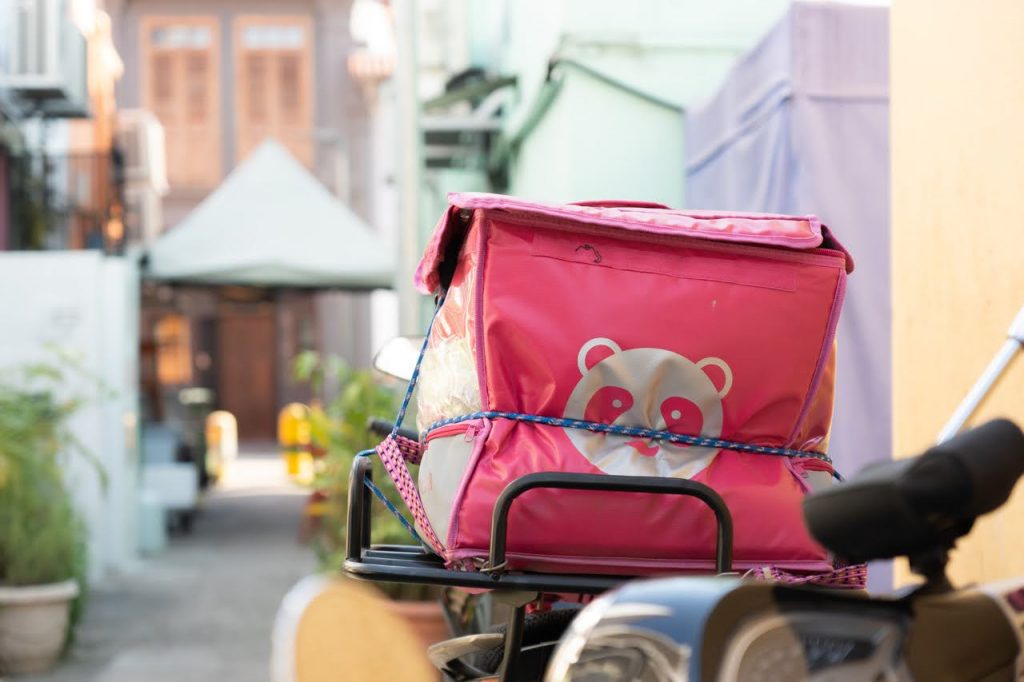
For university students who are hoping to earn some extra cash, the compulsory contribution will definitely eat away at your take-home pay. But in the long-term, it will be beneficial, especially since not many students start preparing for future expenses such as housing and retirement at this age—which CPF can be used for.
This is a step in the right direction towards normalizing the gig economy. It could very well be the future of work for Gen Zs.
As the percentage of non-permanent employees continues to increase in the next few years, these measures and decisions only signal a change towards flexible work hours and short-term work as a new normal.
The Gloomy Outlook of Budget
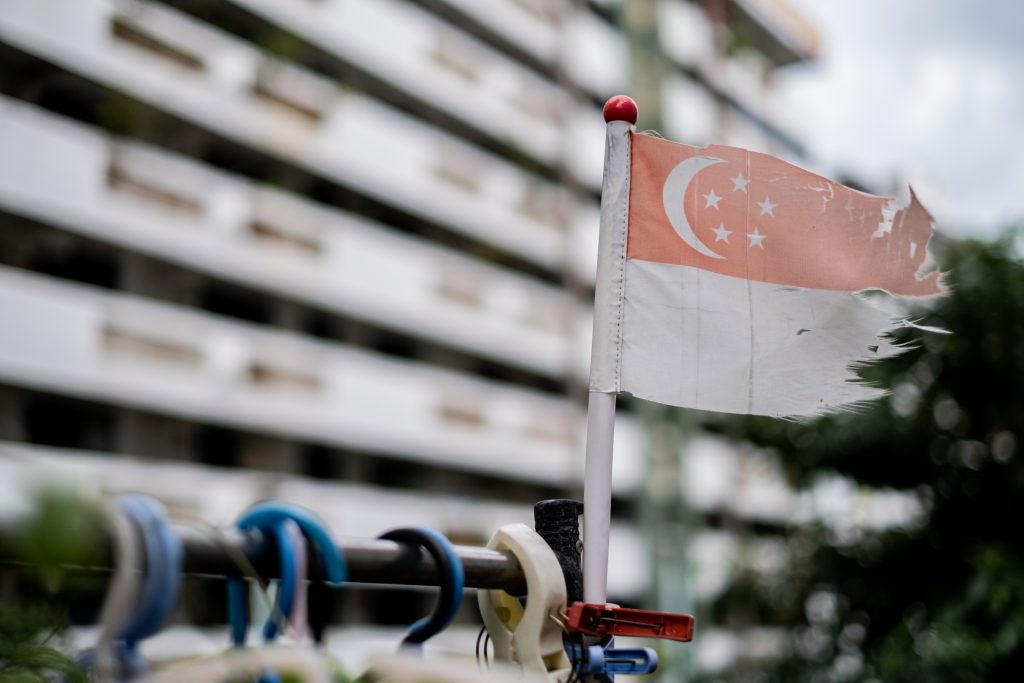
While these are all good news, let’s be honest: The overall economic outlook appears gloomy. Gen Zs who are getting ready to enter the workforce are entering at a time of economic turbulence.
DPM Wong warns that he expects headline inflation to remain high in Singapore, at least for the first half of 2023.
That is to say that things are going to stay expensive for a while. And it might never come down.
He lists the factors that could influence Singapore’s economy, such as the economies of the United States and the European Union, the possible escalation of the Russian-Ukraine war, and another outbreak of an even worse Covid-19 strain.
DPM Wong’s subtext is clear: We have to adjust our expectations, stay frugal, and can’t lean on the government forever to survive this financial flop era. And with the doom and gloom of climate change, is it any surprise then that Gen Zs are practically married to nihilism?
Still, with this year’s Budget mostly focusing on businesses, families, and the climate, there’s little in DPM Wong’s two-hour-long speech directed at Gen Zs. What we get instead are knock-off effects of bills and policies that weren’t even specific to us to begin with.
Could more have been enacted to cater to my generation of Singaporeans? I posit there is. Much can be done by way of higher education policies, rebalancing of starting pay, or even mental health initiatives that lower the barrier to seeking help.
I know firsthand the struggle to pay attention to the Budget speech—it’s really quite boring. Especially for Gen Zs who have low stakes and short attention spans. The only thing interesting to me about the Budget every year was just how much cash payout I was going to get. I felt so far removed from everything else.
Maybe when the Budget finds a way to fit Gen Zs into the picture, we’ll be more interested in the actual speech instead of DPM Wong’s intern’s fire edits on TikTok.


